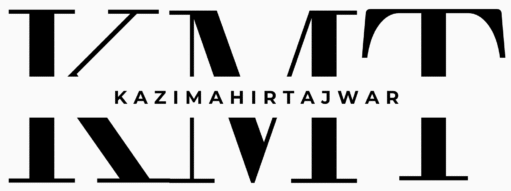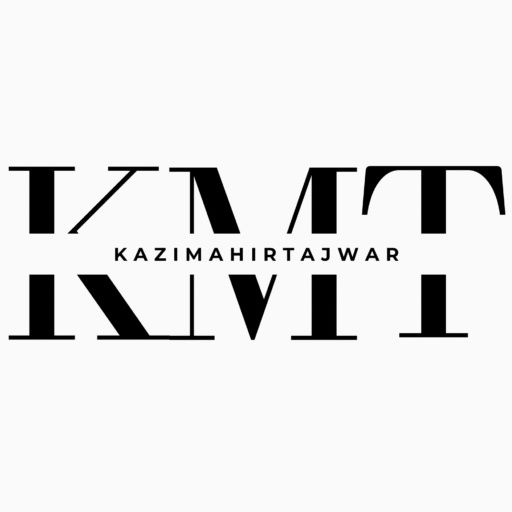New Funding for Community-Led Land Restoration
The G20 GLI Grants Programme (Global Land Initiative), officially known as the Restoration Returns Grants, presents a significant opportunity for organizations dedicated to healing our planet. With a grant of up to USD 17,000 now available, this initiative offers vital support for impactful, community-led projects focused on ecosystem and land restoration.
This guide provides essential details for Civil Society Organizations (CSOs) looking to apply for Global Land Initiative funding. The G20’s commitment to environmental stability has paved the way for this programme, which aims to empower those making a tangible difference at the grassroots level. Understanding the nuances of the G20 GLI Grants Programme is the first step toward crafting a successful proposal and securing the resources your project deserves.
The Global Mission Driving the G20 Grants Programme
The Global Land Initiative is far more than just financial aid; it’s a crucial component of a larger global mission. The G20 GLI Grants Programme directly supports the G20’s ambitious goal of reducing land degradation by 50% by the year 2040. Land degradation affects billions of people and threatens biodiversity, food security, and climate stability. By funding community-led initiatives, the G20 GLI empowers local actors who possess the traditional knowledge and immediate connection to the land necessary for effective restoration. This grant ensures that these vital, on-the-ground efforts receive the resources they need to thrive, scale their impact, and contribute to a legacy of environmental stewardship for future generations.
Eligibility: Who Can Apply for the Grant?
The funding from the Restoration Returns Grant is specifically targeted toward Civil Society Organizations (CSOs). To be considered eligible for G20 GLI Grants Programme, your organization must be deeply involved in leading or managing community-based ecosystem restoration projects. The programme seeks to empower CSOs that can demonstrate a strong connection to the communities they serve and have a clear, actionable plan for their restoration activities. This includes non-governmental organizations, community-based organizations, and other non-profit entities with a legal registration in their country of operation. The focus on CSOs ensures that projects are sustainable, culturally appropriate, and designed to meet the unique needs of the local ecosystem and its people.
Understanding the Impact of the USD 17,000 Grant
The grant provides up to USD 17,000 per project, offering a substantial boost that can turn ambitious restoration plans into reality. This funding is designed to be flexible, covering a range of project-related costs. For example, the funds could be used for purchasing native seeds and saplings, acquiring tools and equipment for fieldwork, conducting essential soil and water testing, or facilitating community training workshops on sustainable land management practices. The ultimate goal of the G20 GLI Grants Programme is to provide effective financial support that translates directly into positive environmental outcomes, such as improved biodiversity, enhanced carbon sequestration, and stronger, more resilient local economies.
The Laziest Way to Change Your Life
Mapping Funding for Intersectional Organizing in the CEECCNA Regions by Dalan Fund (2025)
60+ Modern CV/Resume Templates
40+ Classic CV/Resume Templates
100+ CV/Resume Templates
The Young Humanitarians Handbook
How to Craft a Winning Application
To apply for the G20 GLI Grants Programme, you must submit your proposal through the official G20 Global Land Initiative website. The application will require you to detail your project’s objectives, methods, expected outcomes, and a clear budget. To create a compelling proposal, focus on demonstrating your project’s alignment with the grant’s goals. Highlight the community-led aspect and explain how local stakeholders will be involved in the decision-making and implementation processes.
Provide measurable indicators of success, such as the number of hectares to be restored or the number of community members to be trained. The deadline for applications is September 15, 2025, so it is crucial to begin preparing your thorough and persuasive proposal well in advance to take full advantage of this opportunity.











